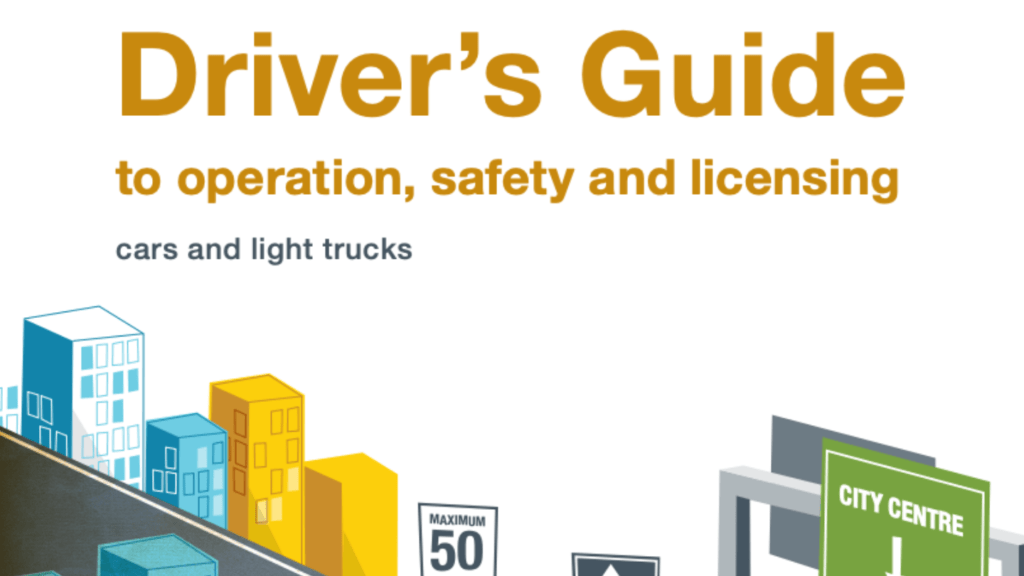Ontario Motorcycle M1 Driving Test
Part 2
Ontario Motorcycle M1 license signifies an exciting journey into the world of professional motorcycle operation. This license allows you to ride motorcycles and mopeds for commercial purposes, opening up new horizons on the open road. To attain it, you must ace both a written test and a road test. The written test assesses your knowledge of motorcycle safety, traffic regulations, and road signs, making it essential to study the Ontario Driver’s Handbook.
Driver's Handbook
Preparing for the Ontario Motorcycle driving handbook test is the first step to securing your commercial driver’s license. This comprehensive handbook serves as your essential guide to the rules of the road, safe driving practices, and commercial vehicle operation. To ace the test, start by thoroughly studying the handbook, which covers everything from road signs to vehicle inspections. It’s crucial to understand the intricacies of Motorcycle driving, including cargo transportation, hours of service regulations, and safety protocols.

Watch our Videos
Ontario Driving Knowledge Test videos are your key to conquering the written exam. With engaging visuals, expert explanations, and practice opportunities, these videos will help you prepare efficiently and with confidence. So, don’t stress about your upcoming test—watch our video guide and cruise smoothly towards success.
